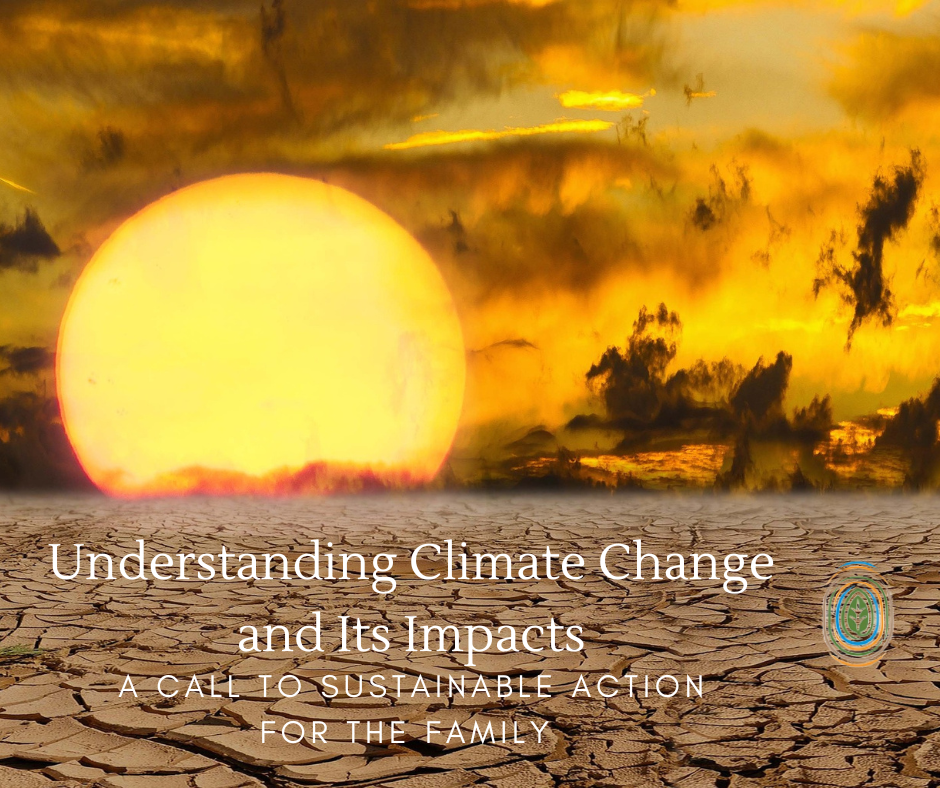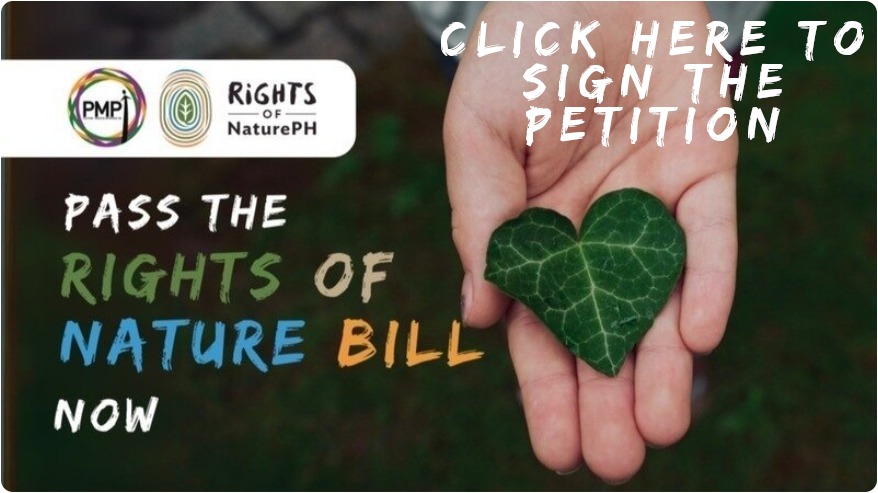I. An Overview of Climate Change
A. Definition of Climate Change
Climate change refers to the long-term shifts in temperatures and weather patterns, primarily caused by human activities. These changes have far-reaching consequences for the planet’s ecosystems and the well-being of its inhabitants.

B. Causes of Climate Change
1. Greenhouse Gas Emissions: Emissions from activities like burning fossil fuels and deforestation significantly contribute to the accumulation of greenhouse gases, trapping heat in the atmosphere and leading to global warming.
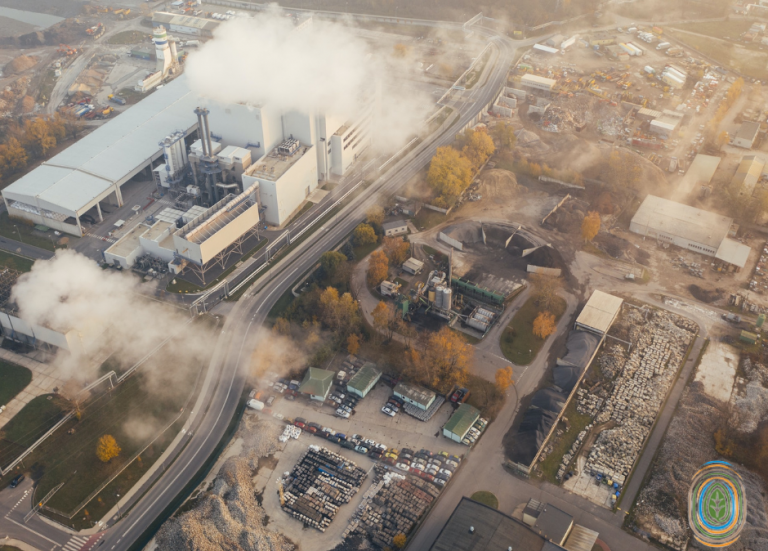
2. Deforestation: The clearing of forests disrupts the natural balance of carbon dioxide absorption and oxygen release, intensifying the greenhouse effect.

3. Industrialization and Fossil Fuels: The reliance on fossil fuels for energy production and industrial processes releases copious amounts of carbon dioxide, further escalating the climate crisis. This crisis, though driven by developed nations, has far-reaching consequences even in developing countries like the Philippines.
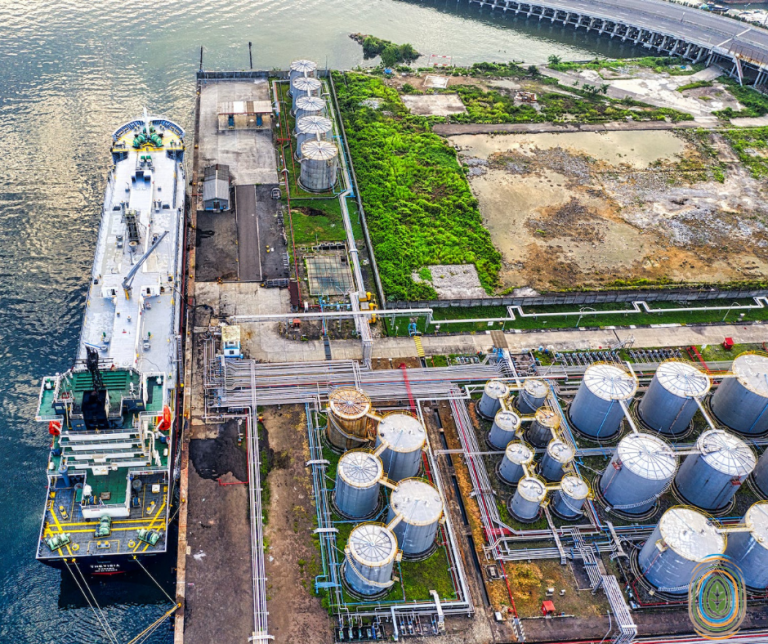
4. Agri-industry. The agricultural sector’s practices, such as intensive livestock farming and large-scale monoculture (i.e. cultivation of a single crop in a given area), contribute to greenhouse gas emissions and deforestation.
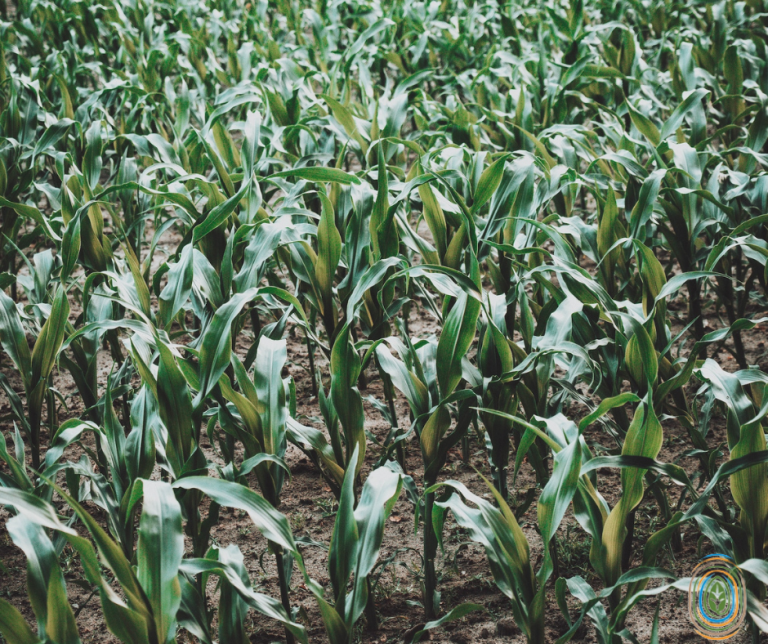
5. Transportation. The reliance on gasoline and diesel-powered vehicles is a major source of carbon emissions, further accelerating climate change.
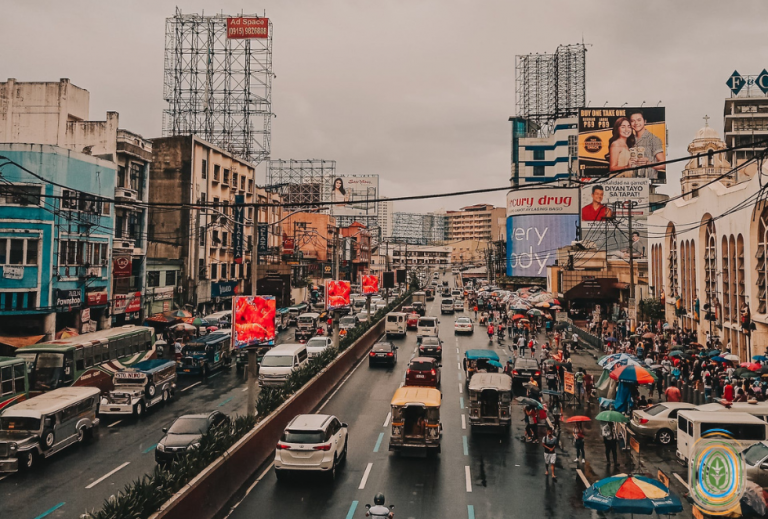
II. Exploring the Impacts of Climate Change
Let’s delve into the profound effects of climate change on people and communities. Climate change is not just an abstract concept; it has real and tangible consequences that touch the lives of individuals and societies worldwide.
A. Rising Temperatures and Heatwaves
Climate change leads to global warming, resulting in increased temperatures and more frequent and intense heatwaves. These heatwaves (i.e. prolonged periods of abnormally hot weather) can cause severe discomfort, threaten vulnerable populations, and destabilize ecosystems, including sea-level rise resulting in the submerging of island communities.

B. Extreme Weather Events
1. Intensifying Hurricanes and Storms: The changing climate contributes to the increased intensity of hurricanes and storms, causing widespread destruction and endangering lives.
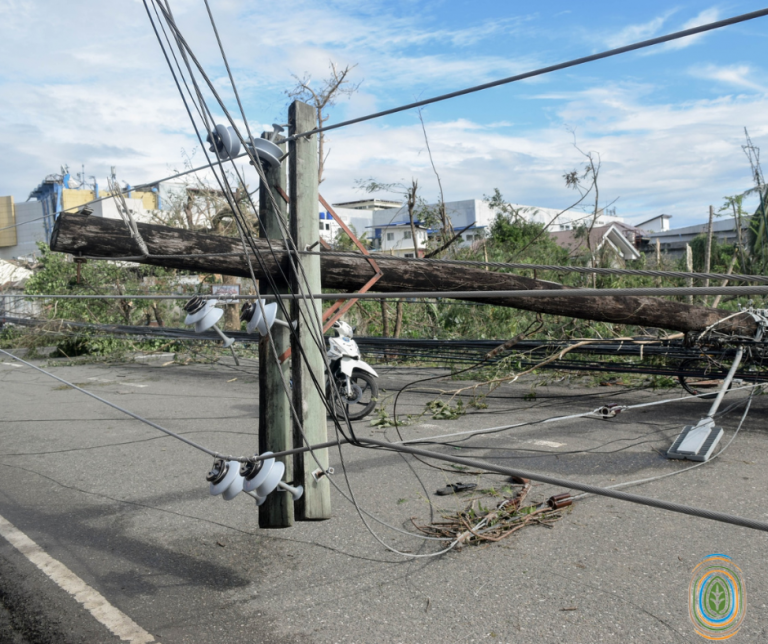
2. Severe Droughts and Wildfires: Climate change amplifies droughts and escalates the frequency and intensity of wildfires,which can lead to food and water scarcity and displacement.

C. Biodiversity Loss
The delicate balance of ecosystems is disrupted as climate change modifies habitats and temperatures. This disruption has contributed to the endangerment and extinction of various plant and animal species, impacting biodiversity worldwide.

D. Health Implications
1. Spread of Infectious Diseases: Climate change can alter disease transmission patterns, leading to the spread of diseases like malaria and Zika virus.
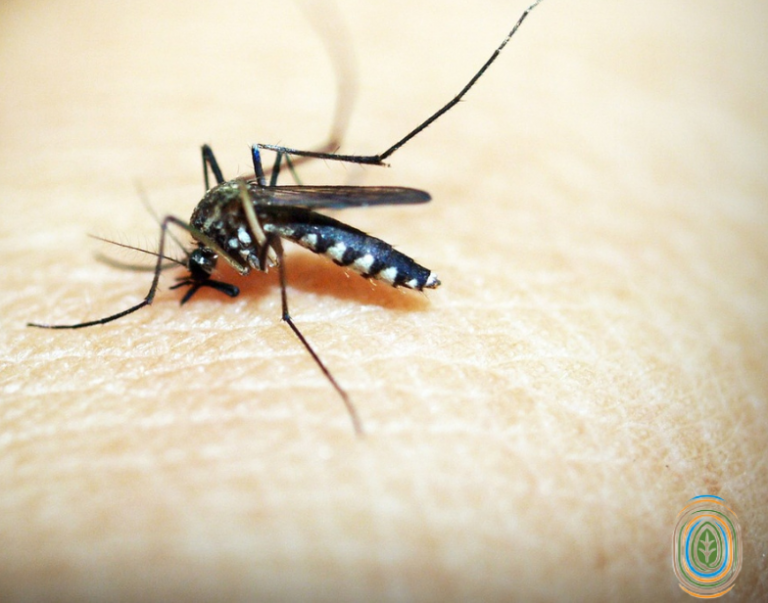
2. Heat-Related Illnesses: Escalating temperatures place individuals at risk of heat-related illnesses, particularly affecting the elderly, young children, and those with pre-existing health conditions.
III. Why Taking Action is Crucial for Future Generations
A. Long-term Consequences of Inaction
1. Displacement and Migration: As climate change disrupts habitable regions, communities may face displacement and migration due to rising sea levels and other environmental challenges.
2. Food and Water Scarcity: Altered weather patterns can impair agricultural productivity, leading to food scarcity, water stress, and potential conflicts.
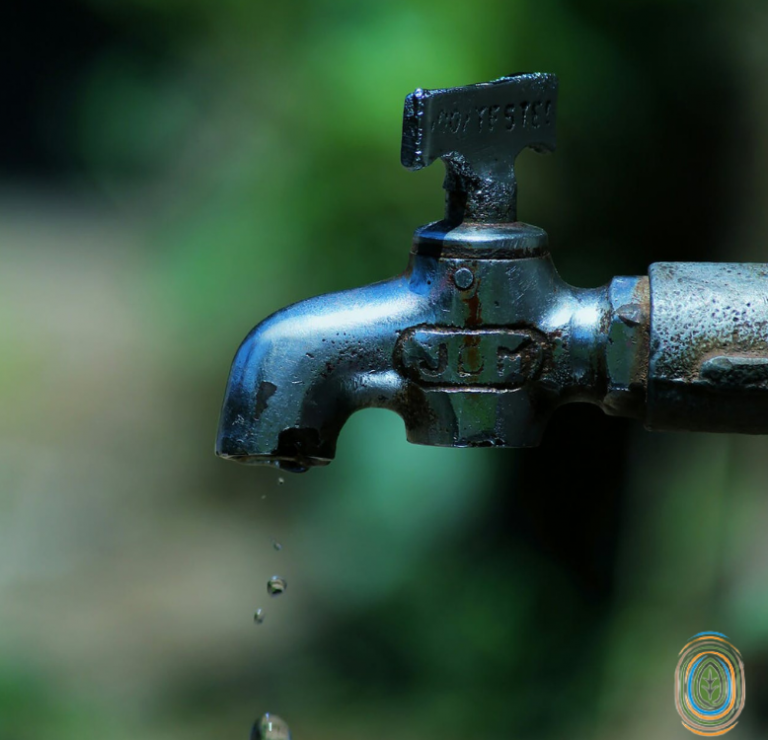
B. The Need for SAPAT/Sustainable Living
1. Individual Actions Matter: ANNA can make a tangible difference by adopting sustainable practices in her daily life, such as conserving energy, reducing waste, and supporting eco-friendly products.
2. Advocating for Change: ANNA can extend her impact by engaging in local and global initiatives advocating for climate action, influencing policy changes, and promoting sustainable behaviors.
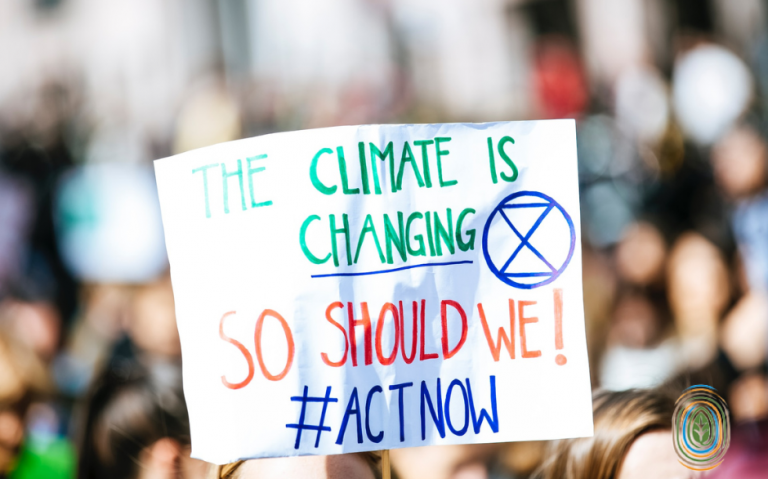
C. Thinking of Her Children’s Future
ANNA’s aspirations for her children’s well-being align with the importance of addressing climate change. By embracing SAPAT / Sustainable practices and advocating for a healthier planet, she contributes to a more promising future for her children and generations to come.
By understanding climate change and its ramifications, ANNA’s role in shaping a SAPAT/ Sustainable future for her family stands out. The challenges posed by climate change demand awareness, action, and collaboration. By staying informed and taking meaningful steps toward sustainability, ANNA can not only enhance her family’s well-being but also contribute to a greener, healthier world.
Let’s embark on this path towards a SAPAT / Sustainable lifestyle—sustainable, aware, proactive, and transformative—for the betterment of all.
=====
When you’re willing to put in more effort to advocate for the planet, here’s how we can do this together:
1. To learn more of the SAPAT / Sustainable lifestyle, click here.
2. To start by volunteering for an environment-focused NGO like Rights of Nature PH, click here. We are currently looking for volunteers.
3. To become a donor, click here.

